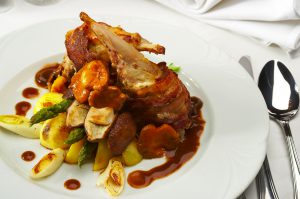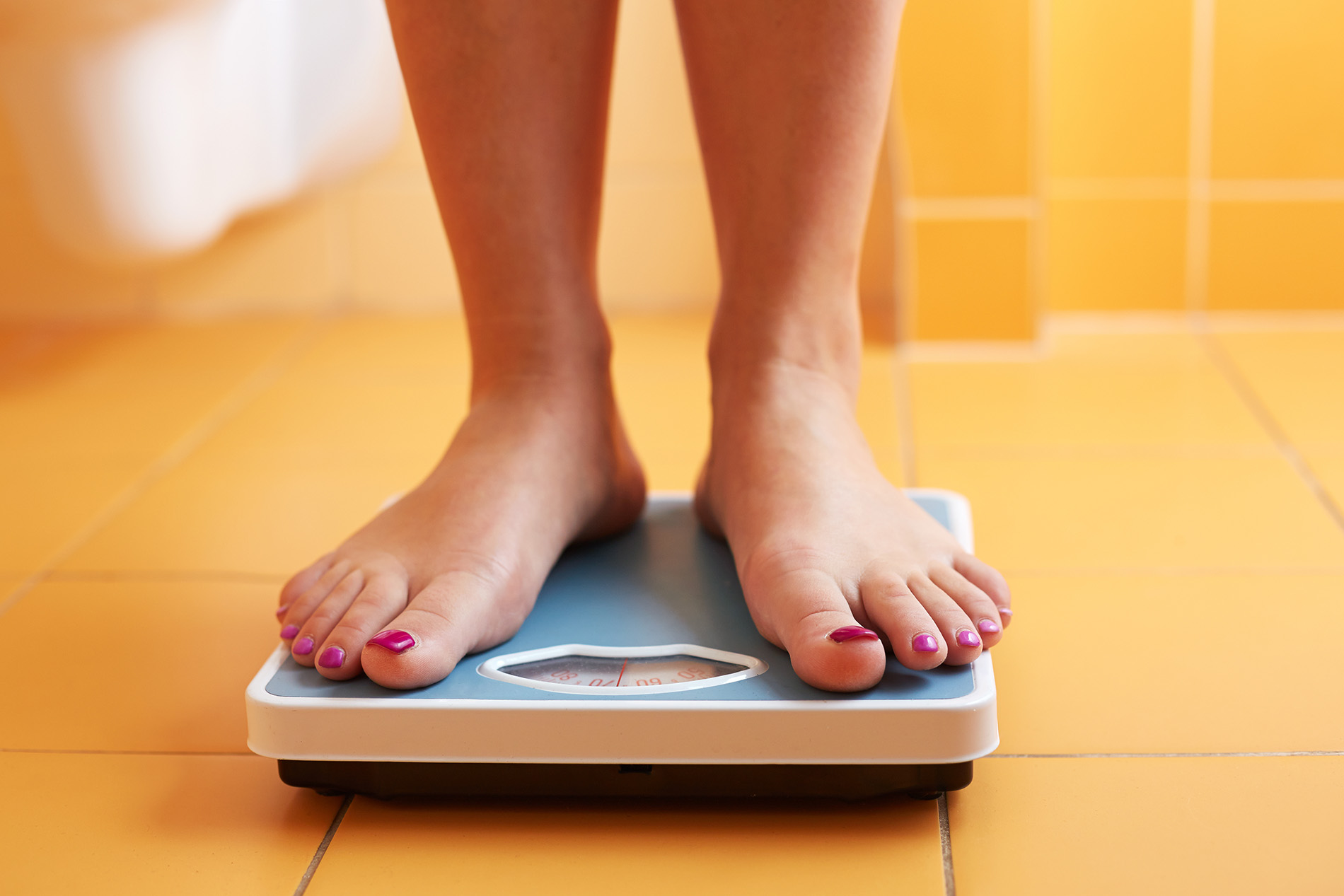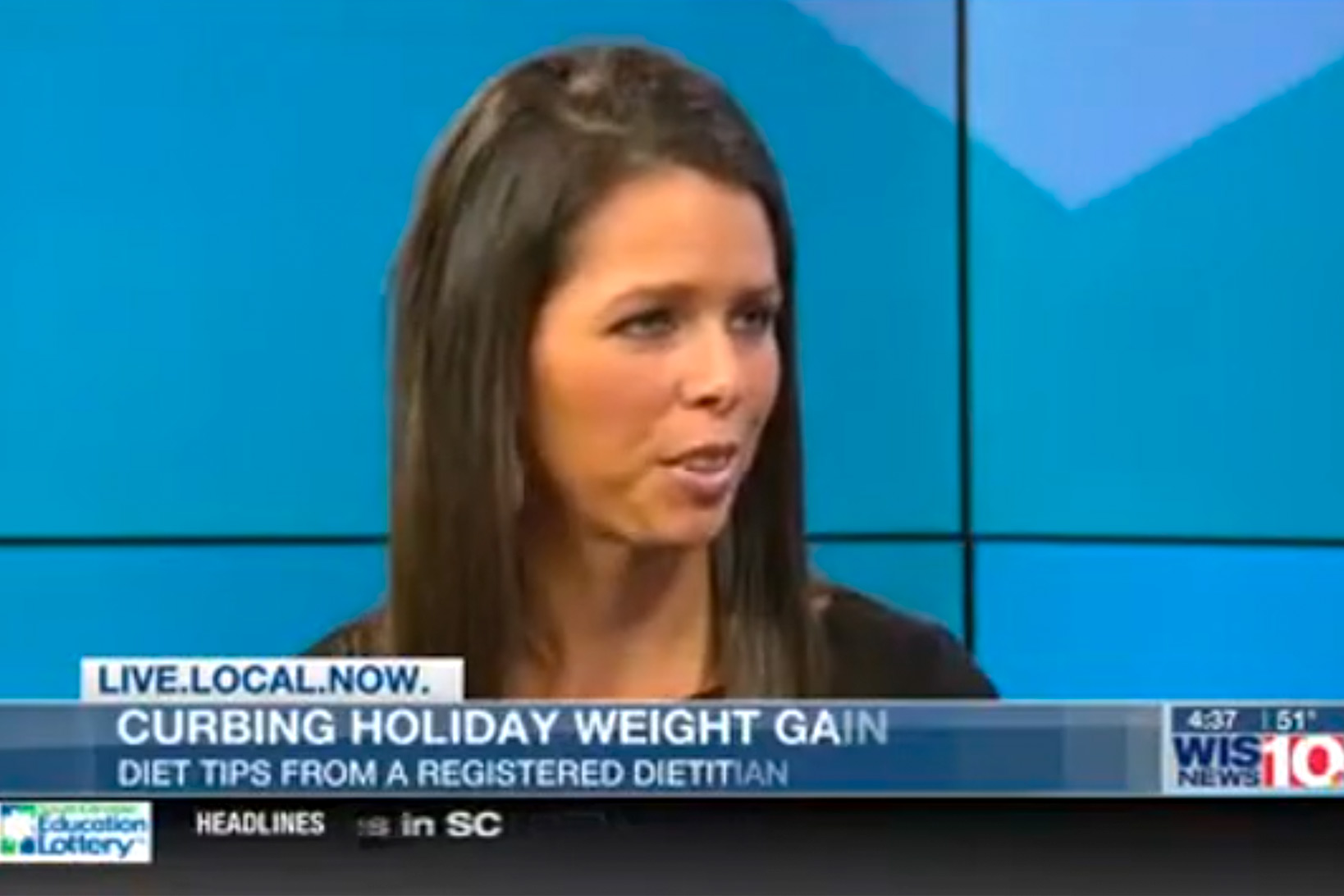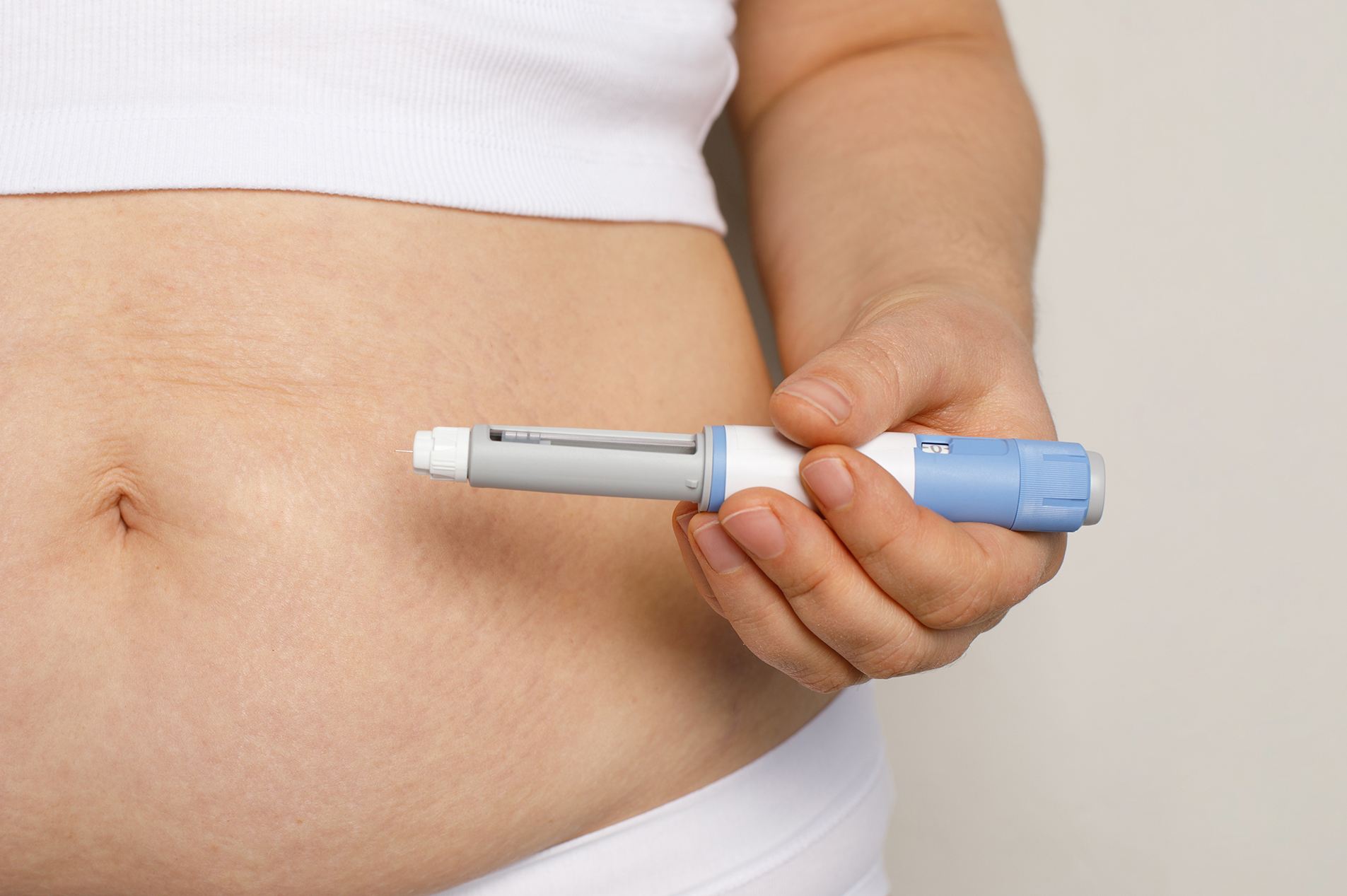A new study from the Centers for Disease Control and Prevention says Americans’ weight, waist size and BMI (body mass index) has increased over the past 18 years. In fact, the report shows the average U.S. adult is overweight and just a few pounds from obese.
So, before you dive into a Christmas feast, here’s some advice from Lexington Medical Center experts about avoiding holiday weight gain and starting the new year healthy.
“The holidays are treacherous for us because we keep high calorie foods around,” said Glen Strickland, MD, FACS, ASMBS, of the South Carolina Obesity Surgery Center at Lexington Medical Center. “It’s easy to give in to temptation and take in more calories than we burn.”
Even though it’s a special occasion, the principles are the same. When you consume more calories than you burn, you’re going to gain weight. Roughly 3,500 calories add up to one pound of fat.
Dr. Strickland advises that if you want to eat high calorie foods on Christmas, plan for it. For example, if that delicious piece of cake is 300 calories, exercise earlier in the day to “pre pay” for the calories.
Keep in mind that weight is mainly a function of what we eat – not what we do. In fact, experts say our weight is 80 percent what we eat and 20 percent what we do.

“If you eat a healthy diet, you’re much more likely to keep your weight under control,” Dr. Strickland said. “If you eat a bad diet, there’s not enough time during the day to burn it off.”
Lexington Medical Center dietician Debbie Hoerner agrees that the right plan can help prevent unwanted pounds.
“Don’t skip a meal early in the day to save calories and build an appetite,” she said. “You’ll end up eating more, eating faster and overeating.”
According to Hoerner, it’s OK to enjoy dessert. Just be mindful of your portion size.
“I’m always asking my patients the million dollar question – are you really hungry?”
The typical American should take in 2,000 calories each day. But on holidays, we tend to eat about 3,000 calories.
“Focus on making memories with family and friends through activities and having fun, not just the food,” she said.








